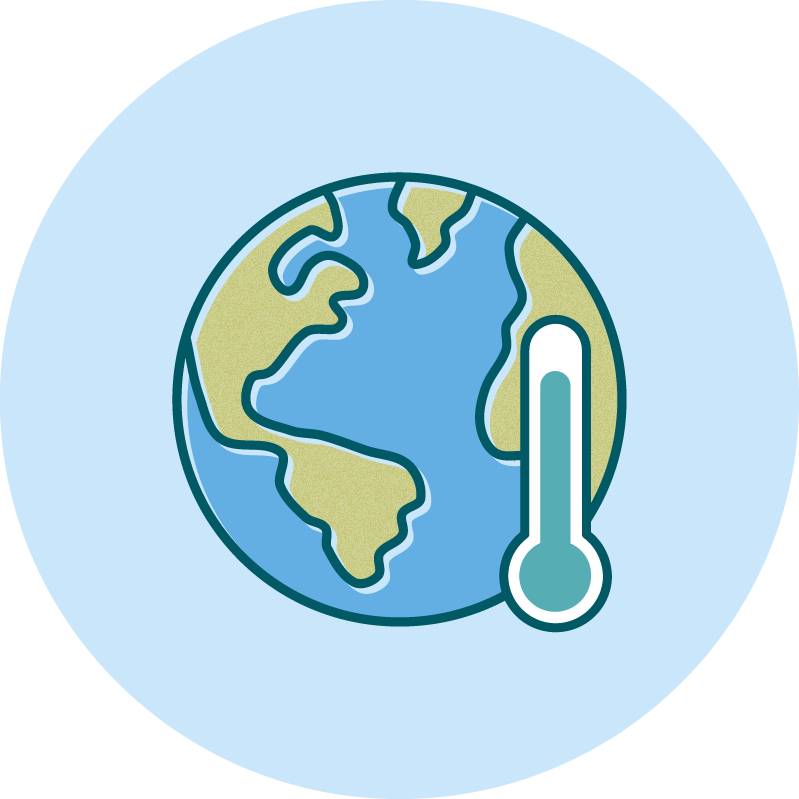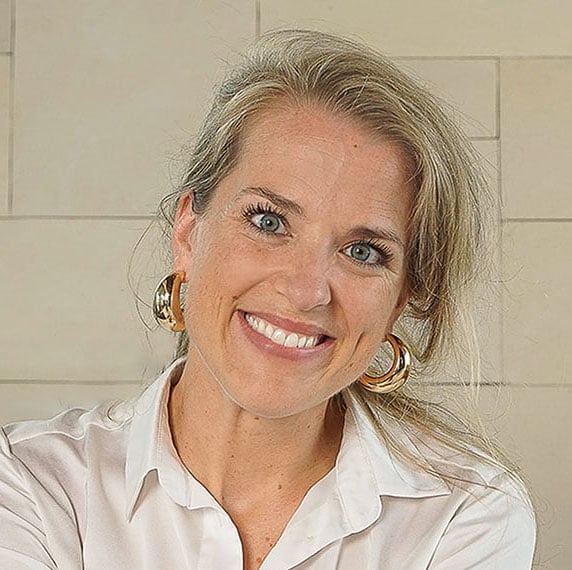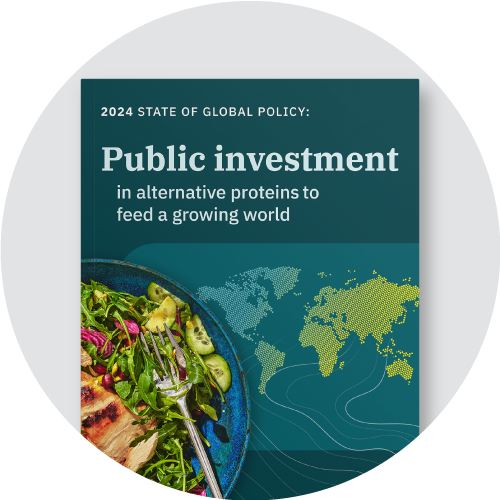
COP30: United Nations Climate Change Conference

Event description
Alternative proteins are among the most impactful, yet underfunded, agri-food climate solutions. With just $10 billion in annual investment—a fraction of what’s allocated to other climate strategies—we can unlock their full potential. This is our chance to build a food system that meets global demand, protects natural resources, and drives climate goals.
Unlock the ripple effect. Make protein diversification part of your climate strategy.
Why is diversifying meat production and supply so important?
Food systems are one of the top drivers of climate change, contributing one-third (34%) of global GHG emissions. Even if fossil fuel emissions were eliminated immediately, emissions from food systems alone would be enough to increase global temperatures by more than 1.5°C.
Meat production and consumption are exacerbating this scenario. Livestock is responsible for 50% of methane emissions, which are much more potent than CO₂. And despite occupying 80% of global agricultural land, livestock provides only 17% of calories and 38% of protein consumed by people.
It is urgent to have options that are both more sustainable and socially accepted.
The World Bank ranks alternative proteins as the second most efficient climate mitigation solution in the agri-food industry, delivering 6.1 GtCO₂eq/year.
Assuming alternative proteins account for 30% of the global protein market, it would be possible to reduce methane emissions by up to 1.2 GtCO₂eq/year by 2050, or a quarter of the mitigation needed to meet the 1.5°C targets.
Compared to beef, cultivated meat uses 90% less land, 66% less water, and emits 92% less GHGs11. Plant-based meats cut land use by 91%, water by 93%, and emissions by 94%.
Government investments in alternative proteins could generate $686 billion in GVA and create 83 million jobs by 2050.
What is needed to catalyze the climate potential of alternative proteins?
To achieve a 50% market share by 2050 and effectively contribute to climate goals, governments must invest US$4.4 billion/year in R&D and US$5.7 billion/year in commercialization incentives.
APs are currently absent from most climate finance frameworks. However, including them unlocks public and private funding aligned with mitigation, adaptation, biodiversity, and food security goals.
Countries are revising their Nationally Determined Contributions (NDCs) in early 2025. This is a once-in-a-decade opportunity to embed alternative proteins into national climate plans.
Event location
GFI delegation

Bruce Friedrich
PRESIDENT AND FOUNDER, GFI

Gus Guadagnini
PRESIDENT, GFI BRAZIL

Alysson Soares
HEAD OF POLICY, GFI BRAZIL

Mariana Bernal
POLICY ANALYST, GFI BRAZIL

Mirte Gosker
MANAGING DIRECTOR, ASIA PACIFIC

How to meet your NDC goals
Integrate alternative protein innovation into your national climate plans. Learn how your country is already supporting alternative proteins by downloading The State of Global Policy on Alternative Proteins.

Developing an alternative protein national strategy
This three-step guide and framework is designed for stakeholders working on food and agricultural strategy at the national level. Explore country-specific strengths, goals, and needs to develop a strategic plan for activating and executing a national alternative protein vision.

Take action
Protein diversification is a strategic lever for delivering on climate goals, strengthening food security, advancing innovation and driving sustainable economic growth. Contact us and support an alternative protein initiative!
